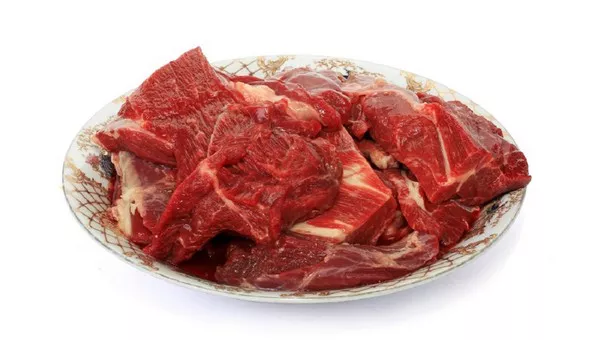In every city, amid its finite array of restaurants, there exists, according to my inner moral absolutist, the pinnacle of all possible lunches. It’s not about finding it precisely, but about approaching perfection. Mediocrity doesn’t suffice. The thought of wasting a meal on something merely ‘average’ fills me with guilt – the fear of squandering not just money, but precious time. What if I never see Paris again? The regret of consuming a lackluster Pret tuna niçoise salad would haunt me.
To spare others the burden of my neurotic quest, I often travel alone. Hence, booking myself on a ‘cooking retreat’ in a remote southern Spanish village seemed ideal. Nestled in Mairena’s Las Chimeneas, high in the Sierra Nevada, I found myself among ten strangers, the youngest at 60, and the oldest, a spirited 84-year-old Kiwi accompanied by his wife.
Our culinary journey commenced with the humble artichoke under Chef Henry’s expert guidance. For twenty meticulous minutes, we peeled away tough scales and fibers, revealing the tender heart within. The process was akin to unraveling a resilient northern plant designed to withstand harsh climates, blooming defiantly like a giant Scottish thistle. Yet, transformed into alcachofa, its Arabic-infused Spanish name evoked its Moorish origins, resonating with local delicacies like alcaparra (capers) and albaricoque (apricot).
Accompanied by ajo blanco, a luscious almond-based soup with garlic, olive oil, apple, and cucumber, the artichokes shed their forbidding exterior. Paired with slices of jamón, a delicacy historically employed during the Catholic Reconquista to identify non-pork-eating Jews and Muslims, the meal was a testament to Spain’s complex culinary heritage.
A visit to Jamón Muñoz underscored the ritualistic curing of pork, suspended like grisly trophies in a hangar reminiscent of both morgue and gallows. The aroma of salt and meat lingered in the air, akin to the peculiar allure that compels morticians toward hamburgers after hours in a formaldehyde-scented workspace. Our appetites, whetted by the salted atmosphere, were sated with jamón ibérico and hearty bread, washed down with peppery red wine poured unpretentiously into plastic cups.
Back in Mairena, a chicken deboning demonstration led seamlessly into a feast of marinated poultry cooked with almonds, wine, and grapes. Days unfolded with a rhythm of cooking, eating, and leisurely walks guided by David, our affable host. Amidst almond-strewn orchards and the aroma of ripe oranges, the group gathered ingredients for meals that celebrated Spain’s fertile bounty.
Venturing to Júbar, we encountered a village steeped in history, where a whitewashed church bore witness to its transitions from Roman temple to synagogue, mosque, and now Christian sanctuary. Here, amidst reminders of the Spanish Civil War’s profound impact, culinary traditions intertwined with socio-political narratives, illuminating Spain’s complex tapestry of appetites – from chivalry and bloodshed to poetry and religious fervor.
As Laurie Lee famously observed, Spain embodies a land of “distinct appetites.” Beyond its literal cuisine lies a nation enamored with passion, mystery, and an intriguing contemplation of mortality. Spanish food beckons not for solitary consumption but for shared indulgence – an invitation to explore its profound connection to life’s most poignant themes.
Related Topics:



























